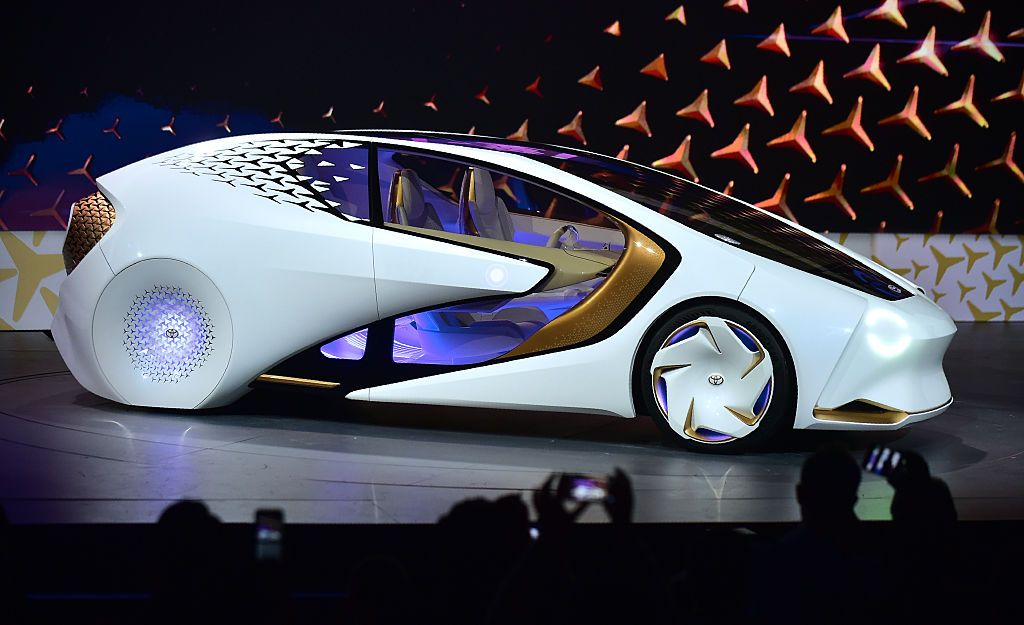The father of automobile manufacturer styling departments is Harley Earl, whose work designing bodywork for the 1927 LaSalle (a new companion brand to General Motors' Cadillac marque) led to his appointment as GM's styling director and the establishment of its Art & Colour Section.
A well-known factor in LaSalle's design was Earl's admiration for the appearance of Hispano-Suiza automobiles. Michael Lamm and David Holls in their classic book "A Century of Automobile Style" report the Hispano - LaSalle connection as follows (p.87):
"Earl took inspiration for his 1927 LaSalle design from his favorite European marque, the Hispano-Suiza, and he made no bones about it. He'd admired Hissos during his several trips to the Paris Salon in the late teens and early 1920s, and he later told Barbara Holliday of the Detroit Free Press, 'The Hispano-Suiza was the apple of my eye. All the chic people who appreciated cars drove Hispanos. They were very light as against the heavier models American companies were making, and every line meant something.'... Earl, in fact, kept a Hispano-Suiza radiator in his office for many years after the LaSalle's success, and a number of his early 1930s cars--particularly Cadillac-- also borrowed the Hispano grille shape and ornamentation."
I suppose it has been done before, except that I cannot remember ever seeing a comparison of mid-1920s Hispano-Suiza design to that of 1927 LaSalles. So why not do just that here.
1923 Hispano-Suiza H6B Dual-Cowl Tourer - Bonhams photo.
1924 Hispano-Suiza H6B Coupé de Ville by Saoutchik - Bonhams photo.
Front end of the same car - RM Sotheby's photo.
1925 Hispano-Suiza H6B Transformable Cabriolet by Belvalette - Bonhams photo.
Harley Earl at the wheel with Larry Fisher and 1927 LaSalle.
Harley Earl in his personal 1928 LaSalle.
1927 LaSalle roadster - publicity photo.
The father of automobile manufacturer styling departments is Harley Earl, whose work designing bodywork for the 1927 LaSalle (a new companion brand to General Motors' Cadillac marque) led to his appointment as GM's styling director and the establishment of its Art & Colour Section.
A well-known factor in LaSalle's design was Earl's admiration for the appearance of Hispano-Suiza automobiles. Michael Lamm and David Holls in their classic book "A Century of Automobile Style" report the Hispano - LaSalle connection as follows (p.87):
"Earl took inspiration for his 1927 LaSalle design from his favorite European marque, the Hispano-Suiza, and he made no bones about it. He'd admired Hissos during his several trips to the Paris Salon in the late teens and early 1920s, and he later told Barbara Holliday of the Detroit Free Press, 'The Hispano-Suiza was the apple of my eye. All the chic people who appreciated cars drove Hispanos. They were very light as against the heavier models American companies were making, and every line meant something.'... Earl, in fact, kept a Hispano-Suiza radiator in his office for many years after the LaSalle's success, and a number of his early 1930s cars--particularly Cadillac-- also borrowed the Hispano grille shape and ornamentation."
I suppose it has been done before, except that I cannot remember ever seeing a comparison of mid-1920s Hispano-Suiza design to that of 1927 LaSalles. So why not do just that here.
1923 Hispano-Suiza H6B Dual-Cowl Tourer - Bonhams photo.
1924 Hispano-Suiza H6B Coupé de Ville by Saoutchik - Bonhams photo.
Front end of the same car - RM Sotheby's photo.
1925 Hispano-Suiza H6B Transformable Cabriolet by Belvalette - Bonhams photo.
Harley Earl at the wheel with Larry Fisher and 1927 LaSalle.
Harley Earl in his personal 1928 LaSalle.
1927 LaSalle roadster - publicity photo.



















EmoticonEmoticon